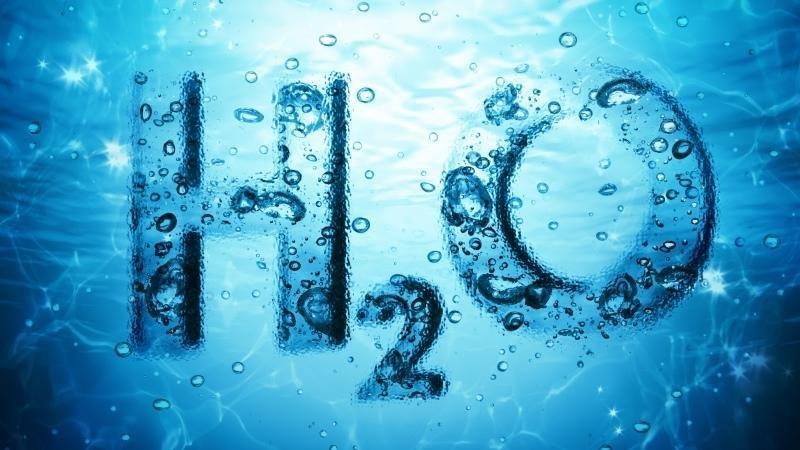News
Advice For Farmers To Help Maximise Water Efficiency
With the weather as it is right now and record temperatures being set in numerous countries across Europe, farmers have been issued with some advice from Water Plus outlining how they can maximise their water efficiency this summer.
Writing for FG Insight, Mark Taylor – the water supplier’s advanced services operations manager – explained that it’s essential that farmers do what they can to protect their water sources, given low rainfall in the spring coupled with recent hot weather.
The first step towards achieving this was put forward as focusing on water leak detection, which can prove to be very costly if they go unchecked. For example, a single burst pipe can potentially leak one cubic metre of water an hour, the equivalent of 1,000 litres.
And from a farmer’s perspective, even slight pressure on the water system can result in critical outages on site, Mr Taylor continued.
He further recommended reducing water use wherever possible in order to safeguard the onsite supply. Washing down hardstanding areas could be done using water that isn’t mains quality, for example.
Separating potable and non-potable supplies could also prove useful, while using nearby water sources like wells, streams, springs, rivers or lakes could be done over the long term, as well as in an emergency.
Tracking the water you use can also make you more efficient. A water meter can be used to monitor the flow of water and when a spike in usage is seen, it could indicate a leak. Mr Taylor suggested checking for a leak by stopping the system for at least an hour. If the readings continue to rise, you know there’s a leak.
“While farms with livestock are classified as ‘Category 4 Sensitive Customers’, meaning that they’ll be recognised as vulnerable during a wholesaler network supply interruption, sensitive sites such as hospitals, will be given priority for emergency water deliveries should supply disruptions occur.
“Water is the lifeblood of many day-to-day agricultural operations, so it’s vital that you’re prepared and ensure your system is robust and reliable at all times,” Mr Taylor said.
Other businesses can do their bit to conserve water by getting in touch with a water audit services company and arranging to have an audit carried out. This involves comparing water use with what you’re being charged for so as to reveal any discrepancies that could have led to you and your business being overcharged.
Once this has happened, we can then make recommendations for you to help you reduce your water usage and lower your costs. It’s often possible to achieve a 30 per cent reduction in charges for water supply and wastewater disposal. If you’d like to find out more, get in touch with us today.
